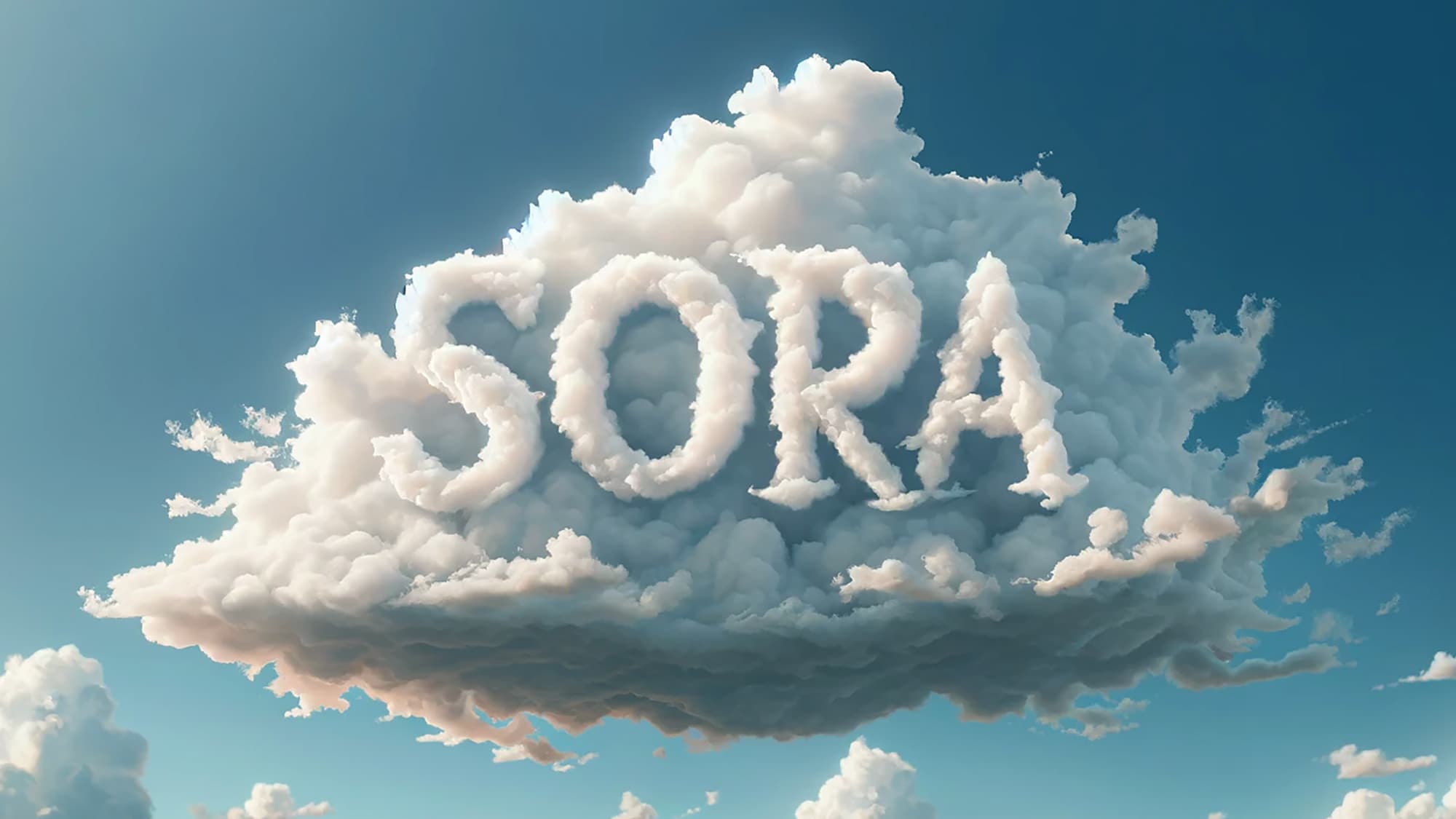The moment we open OpenAI’s new app called Sora, we were immediately greeted by bizarre scenes like Pikachu taking Poké Balls from a CVS store.
Then, we stumbled upon a strange video featuring SpongeBob dressed as Hitler, delivering a speech about fish ruining Bikini Bottom.
As we continued to scroll, we saw a title screen for a fictional Nintendo 64 game named “Mario’s Schizophrenia.”

The app kept presenting odd videos, including Pikachu and Cartman from South Park doing ASMR, a perfect yet non-existent scene from The Simpsons, and fake versions of popular movies like Star Wars and Jurassic Park.
We also encountered Rick and Morty in various settings, Toad from Mario lifting weights, Michael Jackson dancing in a vaguely Russian room, and Charizard signing the Declaration of Independence, with Mario and Goku shaking hands. It was a wild experience.
Sora 2 is the latest video generation app from OpenAI, resembling TikTok but with its own twist. Right from the start, this app impresses us with its improved capabilities compared to previous AI video generators.
Users can easily insert themselves into the AI-generated content by saying three numbers and filming a short clip of themselves looking in different directions.
As one writer aptly described it, the app is like a “slightly better looking AI slop feed.” Whenever a new tool like this is released, people tend to push the boundaries, leading to bizarre creations like SpongeBob in absurd situations.
What sets Sora 2 apart is OpenAI’s apparent acceptance of its reliance on the work of others without compensation, making it clear that the app replicates existing content.
We recall a time when Nintendo and the Pokémon Company took legal action against a fan who organized an unofficial Pokémon party, demanding payment for a promotional poster.
This incident highlights how companies aggressively protect their intellectual property, even against their own fans.
Reflecting on the release of Sora 2, it’s frustrating to remember all the copyright lawsuits involving major companies like Nintendo and Disney that have targeted individuals for minor uses of their characters.
So far, OpenAI has faced no real repercussions for its practices, and it seems uninterested in addressing the fact that its tools have been trained on vast amounts of copyrighted material.
Moreover, the company appears to encourage users to flood the internet with low-quality content that often features beloved characters in inappropriate contexts.
Platforms like Instagram, YouTube, and TikTok are already filled with AI-generated nonsense, and now OpenAI has made it even easier to create and share such content through its app.
Currently, Sora 2 primarily serves as a tool for generating amusing and absurd content featuring popular copyrighted characters, alongside countless articles, images, and videos that OpenAI has taken from less powerful creators.
As a result of this widespread appropriation, OpenAI has achieved a staggering valuation of $500 billion. Users are left with a tool that simplifies the creation of low-quality content, all while undermining the value of art and truth, and contributing to negative impacts on the environment, energy consumption, and labor.
Other Stories You May Like
